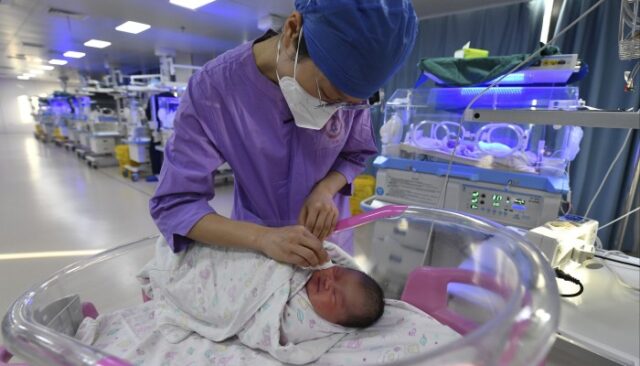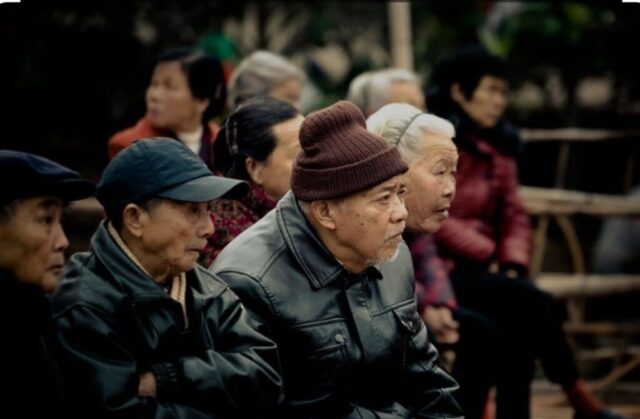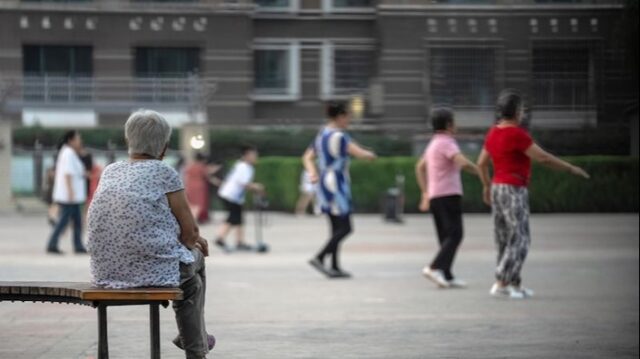Why China is betting on birth subsidies to solve its population crisis
When Tang Tang, a mother from Tianmen in central China, gave birth to her second child in December, it brought her family untold joy – and a thick wad of cash. Within months of leaving hospital, the local government paid Tang a 6,500-yuan (US$897) reward for having two children as part of a new birth subsidy scheme introduced last year. She will also receive an 800-yuan allowance every month until her new baby turns three. For a family in Tianmen, where...










